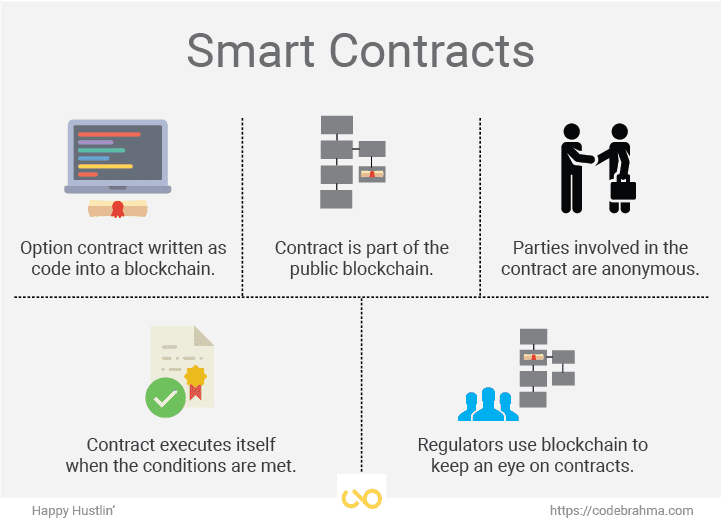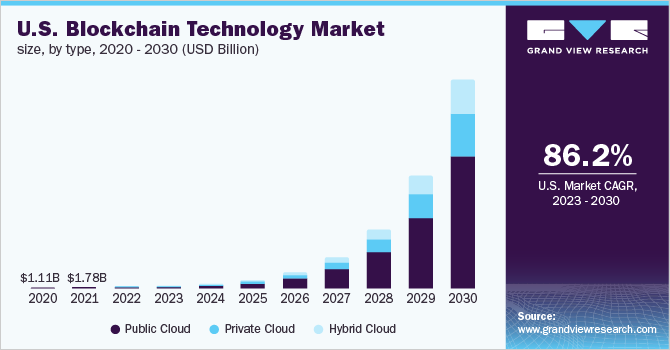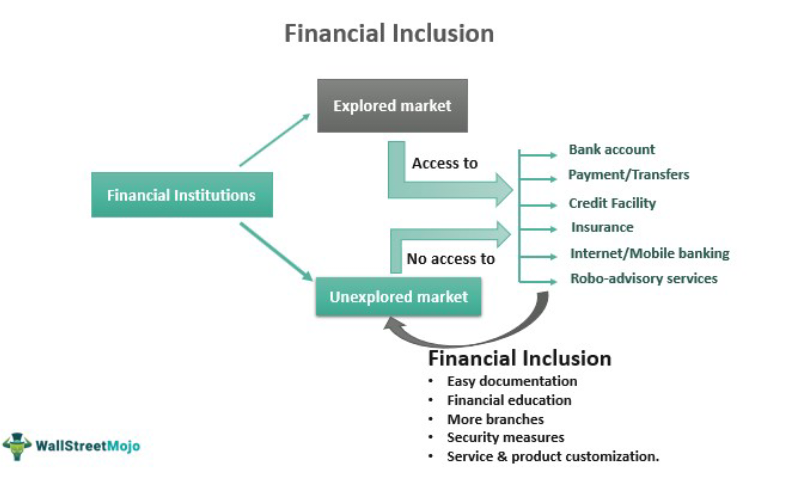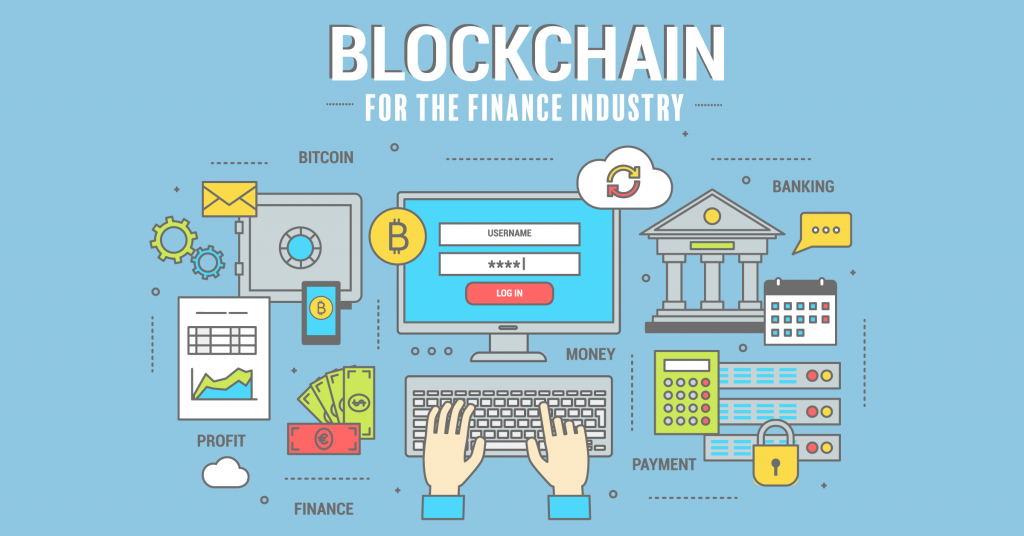The emergence of blockchain technology is emerging as an awe-inspiring catalyst in the ever-evolving domain of finance, profoundly changing the very nature of the sector. Join us on an amazing journey to discover blockchain's limitless possibilities in transforming the financial landscape into one that is faster, more impermeable, and more economically effective. Traditional financial systems have long been known for their complexities, reliance on middlemen, and inherent incompetence. However, blockchain technology is developing as a revolutionary force, promising to streamline procedures, reduce costs, and increase transparency. In this enthralling story, we'll look at how blockchain is poised to cause a seismic shift in the world of money.
The Power of Decentralization
The decentralized
foundation of blockchain is at the heart of its impact on the world of finance.
Blockchain flourishes within a peer-to-peer network, unlike traditional
financial systems that rely on middlemen such as banks. This outstanding feature
eliminates the need for intermediaries, resulting in lower transaction costs
and faster processing.
Smart Contracts
Blockchain's
inventiveness extends far beyond transactions. Intelligent agreements, also
known as smart contracts, have the extraordinary capacity to execute
contractual obligations autonomously by direct coding of the contract terms.
This automation simplifies operations and reduces the need for human
participation in financial transactions. As a result, it not only saves time
but also serves as a precaution against potential errors.
Enhanced Security
Blockchain's security
features benefit both financial institutions and their customers. Its
unchanging and transparent registry is a tremendous barrier against deception.
Each transaction is scrupulously documented across a network of nodes, ensuring
records that are impregnable to alteration.
Global Accessibility
Blockchain operates
without regard for geographical boundaries. As a result, both people and
organizations can conduct smooth global transactions without having to deal
with the time-consuming formalities and fees associated with traditional
banking systems.
Cost Reduction
The impact of
Blockchain is simply astounding since it significantly reduces operational
costs by eliminating intermediaries and optimizing processes. This opens up a
fantastic chance to reduce costs, hence improving access to financial services
for individuals who have hitherto been marginalized.
Financial Inclusion
Blockchain's limitless
promise stems from its capacity to transcend barriers and welcome all
individuals, regardless of financial situation. By overcoming the limits
imposed by traditional banking systems, blockchain enables the unbanked and
underbanked to access the entire range of financial services. As a result, this
breakthrough technology can potentially improve living circumstances and spark
economic improvement in underserved areas.
Challenges Ahead
Despite the obvious
benefits of incorporating blockchain into the sphere of banking, there are
significant challenges that must be overcome. Expandability, the establishment
of regulatory frameworks, and the attainment of universal acceptance all prove
to be formidable obstacles that require immediate attention in order to fully
unlock the limitless potential of blockchain technology in the financial
domain.
- - - - - - - - - - - - - - - - - - - - - - - - - - - - - - - - - - - - - - - - -
Blockchain is more than
just a technological innovation; it represents an amazing force with the
potential to totally revolutionize the financial landscape. With financial
institutions and pioneers excitedly delving into and exploiting blockchain's
vast potential, we are on the verge of a financial revolution that promises a
speedier, more cost-effective, and all-encompassing future for every
individual.
"Blockchain: Shaping finance's future, where speed meets efficiency, ushering in a new era of secure, accessible, and borderless transactions."



